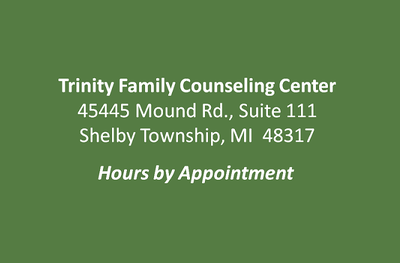ADHD
|
Our fast-paced lives and love for technology tends to make us all a little distracted, and as many say, “I am so ADD”. But what is it, really, and what causes it? Some mistakenly believe it is due to poor parenting skills, the social environment, or a lack of self-discipline. It is due to none of these, but rather stems from a neurological problem: a deficiency of two neurotransmitters in the brain.
Attention-deficit/hyperactivity disorder is an impairment of the brain’s executive functions. It presents differently but most experience one or all of the following symptoms:
Left untreated, these conditions can result in underachievement, failed relationships, depression and low self-esteem. Often adults who are diagnosed later in life feel a tremendous amount of relief: they finally have an explanation for many of their life-long struggles. If you are feeling overwhelmed and struggling in any of the areas mentioned above, or are witnessing these challenges in your child’s life, we are here to help you unravel the complex disorder of ADHD. |
Counseling Insights and Articles About ADHD
|
HELP! My ADHD Brain Is Interrupting Again!, by Deb Toering
With ADHD, I Need Help Doing Those Dreaded Tasks, by Deb Toering Help! My College Student with ADHD is Giving Up, by Deb Toering Connecting the Dots After an ADHD Diagnosis, by Deb Toering A Parent’s Desperate Cry for HELP! The ADHD Connection to Missing Homework Assignments, by Deb Toering Why Can't You Ever Be On Time?, by Deb Toering The Relief And Grief Of An ADHD Diagnosis, by Deb Toering |
Tackling The Mundane With An ADHD Brain, by Deb Toering
Help! My Child With ADHD Needs Friends, by Deb Toering Help! My Child Has ADHD!!, by Deb Toering The Havoc of ADHD in Marriage, by Deb Toering A Day With ADHD, by Deb Toering ADHD Without the “H”, by Deb Toering Help! My Spouse Has ADHD!!, by Deb Toering I’ll Get to That Tomorrow…, by Deb Toering “Just Try Harder”, by Deb Toering |





